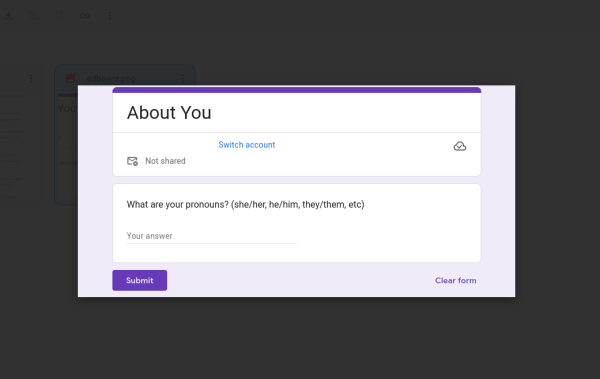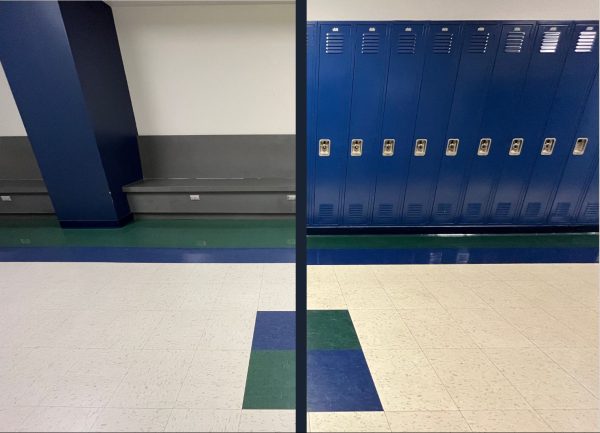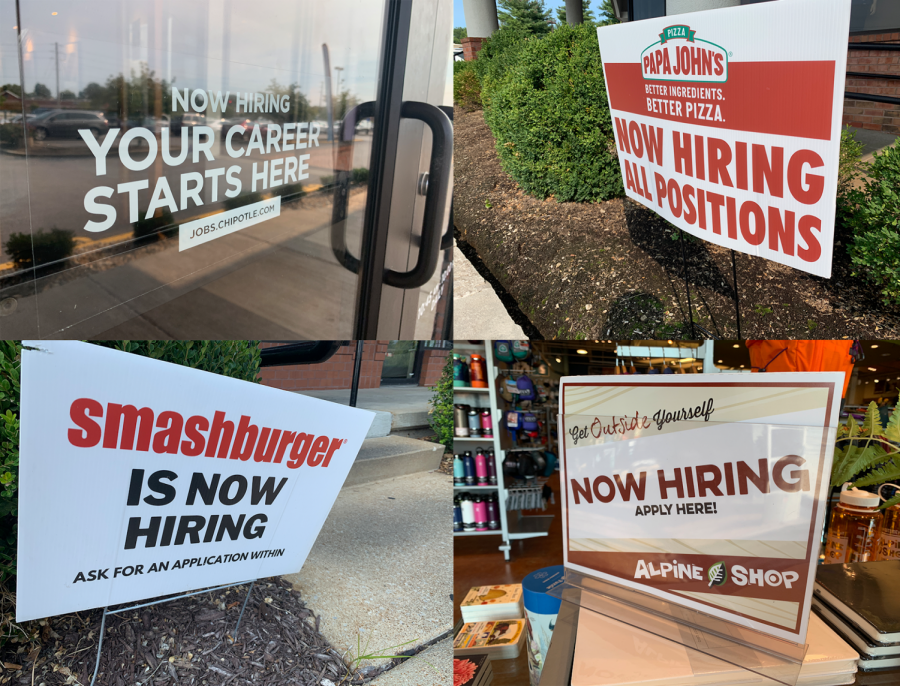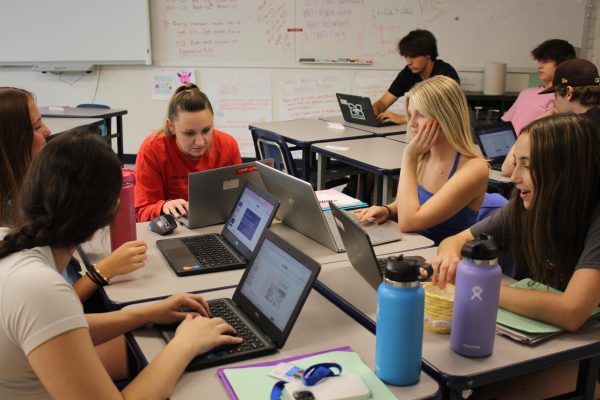Teens Deserve Better Employment Benefits
Media by Ben Hughes
Businesses located near the intersection of Clarkson and Highway 40 put out signs to help bring in workers during the on going labor shortage. Teens are often the ones occupying the food and retail service workers that businesses are looking for now.
School and work. This is the reality for many high school students across the country. Or at least it used to be.
During the COVID-19 pandemic, teens and adults alike avoided working the high risk service jobs, such as drive through workers and retail cashiers, that companies are desperate for now. The US Bureau of Labor Statistics found more than 28,000 workers left the retail industry in August alone.
There is a large enough teen workforce to fill the positions needed, but many jobs are still left unfilled, even as the pandemic diminishes.
So why don’t teens just get a job? Are they just lazy?
The lazy teen stereotype is used to explain the shortage of minimum wage workers, but it is simply untrue. The new generation of workers has come to realize their value to the economy and how they can affect it.
Teens not working is a good thing. For now.
The shortage of teen labor is a voluntary crisis. Teen workers are knowingly or unknowingly banding together to enact a positive change for their future. Institutions that rely on the labor and revenue of teens will quickly realize how important teens really are to not only the local but national economy as well.
Teens especially need workplace reform to help pay for one of the largest expenses of their life: college.
Teens often support local small businesses in the retail and food industry, helping to improve local and national economies. If teens are not working, they are not making money or spending it. This can take a toll on the businesses that partly rely on their revenue to stay open and pay employees.
If businesses want workers, they must offer a position that provides for the needs and wants of the worker. Workers give their time and effort voluntarily at a job. They deserve to be rightfully compensated to make up for the sacrifice that they make in other areas of their lives.
Teens especially need workplace reform to help pay for one of the largest expenses of their life: college. Average tuition plus room and board for a four-year public university has increased 2.78 times from $10,070 to more than $22,000 for public four year universities since 1991 according to College Board. Federal minimum wage has only increased 353 percent from $1.60 to $7.25 in the same time frame according the the US Bureau of Labor Statistics. Students would have to work 52 hours a week every week, every year to afford to go to school.
Compensation could mean higher pay or more benefits, like vacation time, mental health services or other incentives. Higher pay and benefits can help to alleviate the huge economic burden higher education can have, especially on lower income families. This can allow more teens to pursue higher paying careers that can allow them more economic freedom later in life.
Your donation will support the student journalists of Marquette High School. Your contribution will allow us to purchase equipment and cover our annual website hosting costs. You may become a PATRON by making a donation at one of these levels: White/$30, Green/$50, Blue/$100. Patron names will be published in the print newsmagazine, on the website and once per quarter on our social media accounts.

Ben Hughes (he/him), senior, is the Production Editor and Executive Producer for the Messenger and MHSNews. In his free time he plays golf, snowboards,...












